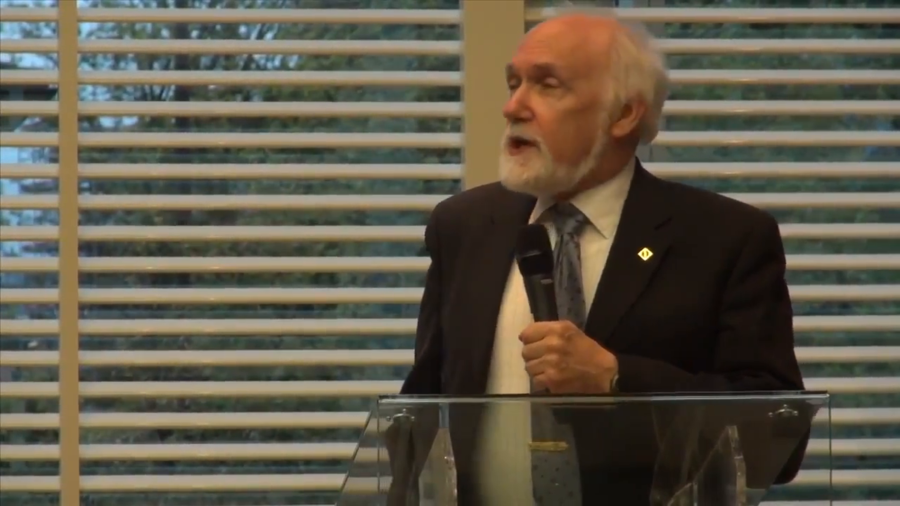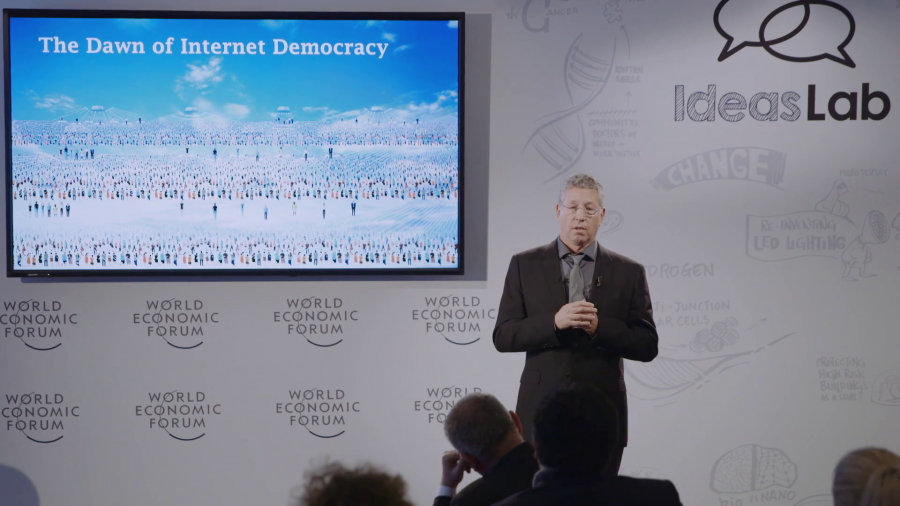When many of the people in this room were beginning to lay the groundwork for the network in the 60s, I was working as a political scientist and worrying about communications patterns and how those worked.
Archive (Page 4 of 4)
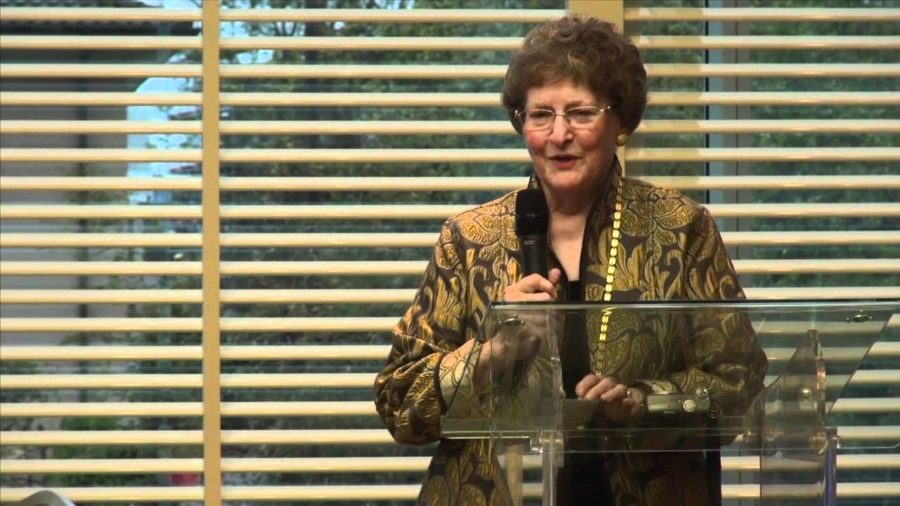
When I first started on the Internet in 1972, I joined Doug Engelbart’s group, Augmentation Research Center, and I didn’t know exactly what a network information center was but I thought we were going to be handling information in a very different way, and it was very addictive.
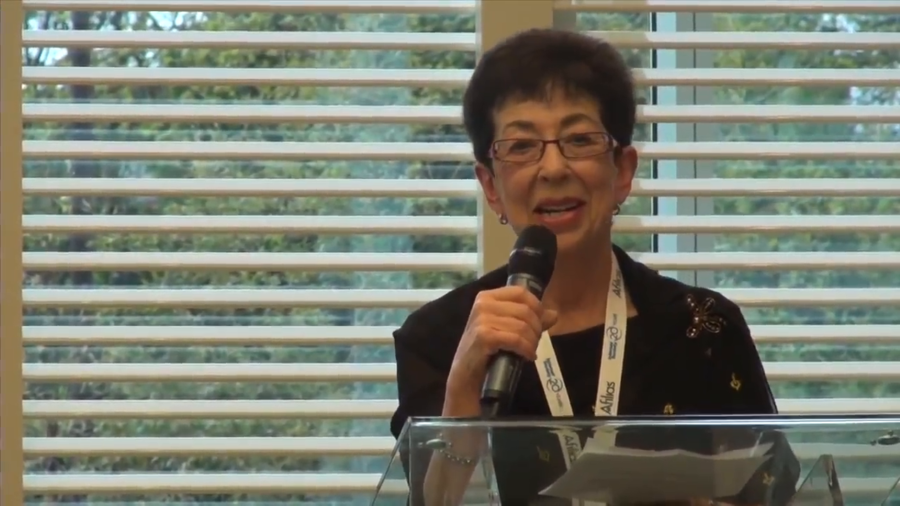
About 1988, I was running a regional development information system at the United Nations economic commission for Africa in Addis Ababa. It was based on exchange of information with nodes in virtually every African country, and it was to be based on satellites for the exchange of that information. Unfortunately the satellites weren’t there.
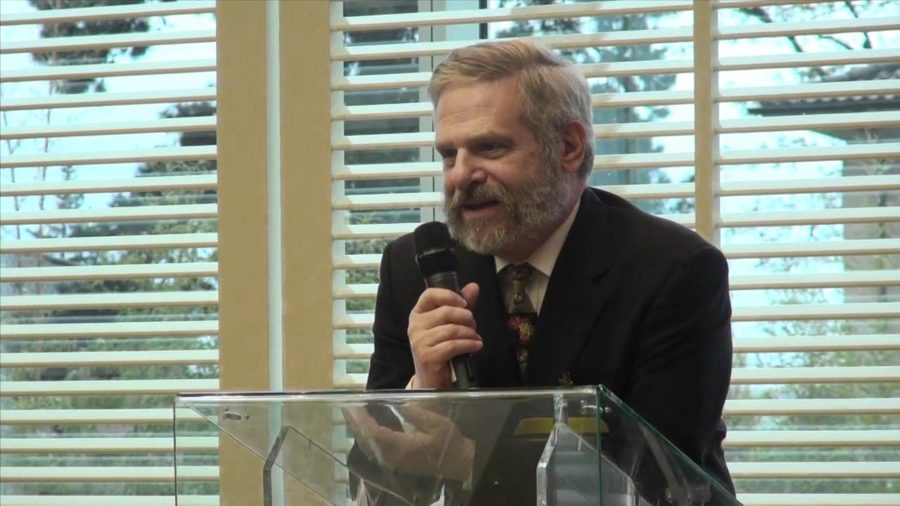
We mean well, but we also do good and we also do damage. Well-meaning Americans did something called the Leland Initiative, which broke networking in the indigenous networks in ten African countries and empowered the PTT monopolies.
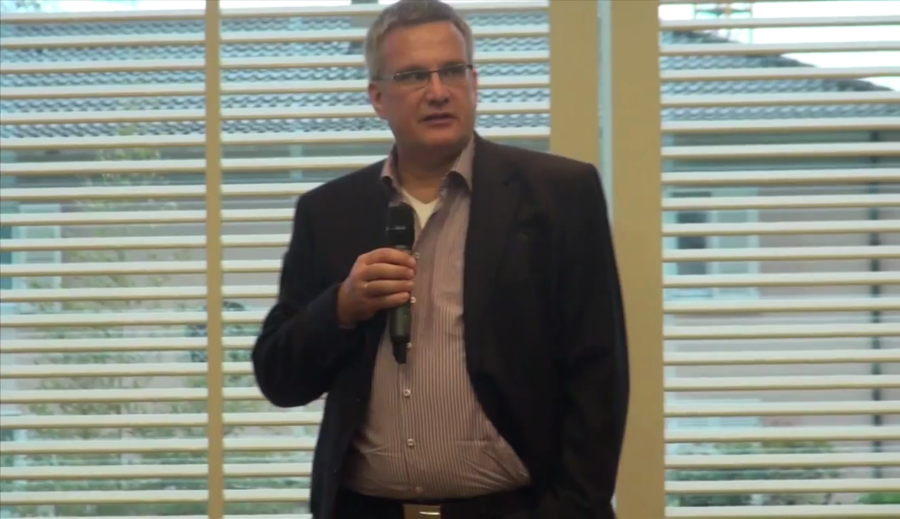
In 1992…I had a plan. And that plan was to set up the first regional Internet registry, and in April 1993 to be done with the Internet and move on to the next interesting thing.
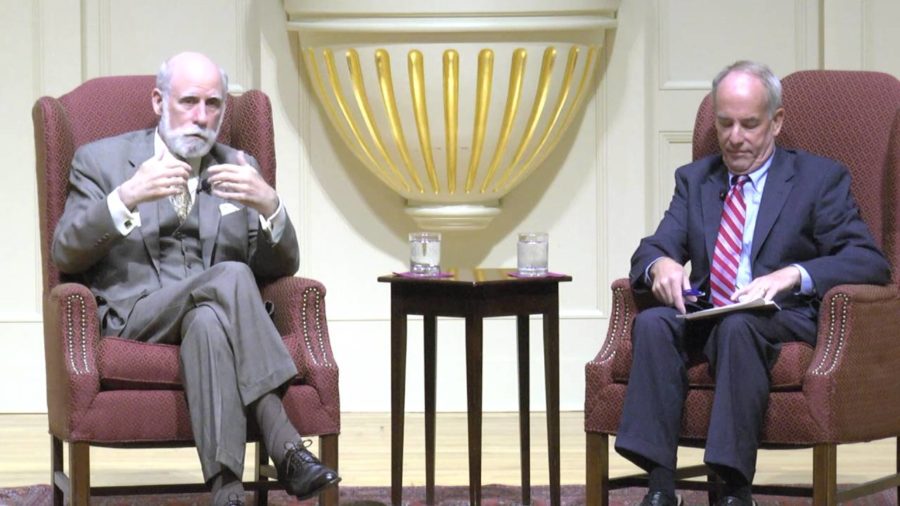
We’ve already been through several situations where new technologies come along. The Industrial Revolution removed a large number of jobs that had been done by hand, replaced them with machines. But the machines had to be built, the machines had to be operated, the machines had to be maintained. And the same is true in this online environment.
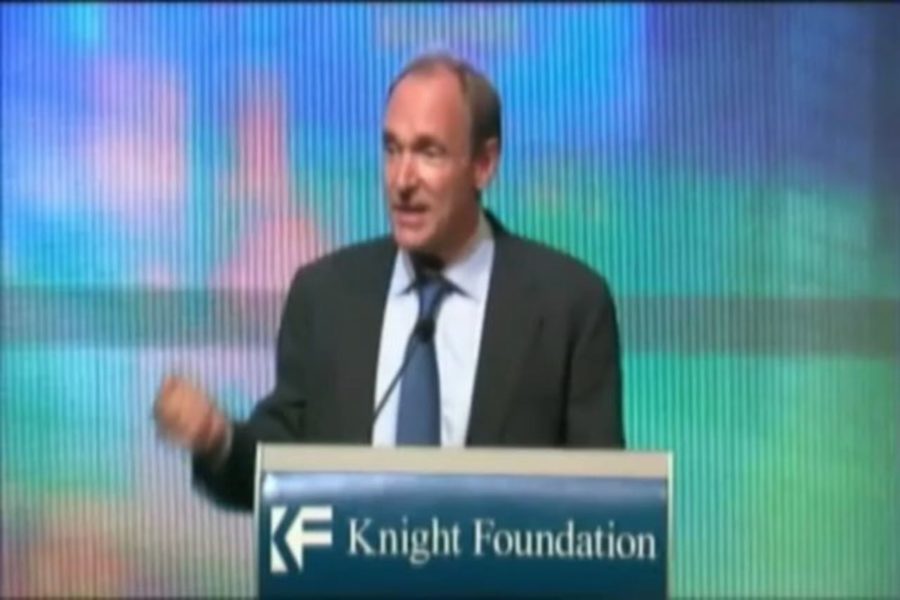
I wrote a memo saying, “We should have a global hypertext system to fix this.” The memo, I distributed it to a few people but there’s nowhere really to distribute it to at CERN because CERN is a physics lab. It didn’t have committees for building programs and hypertext systems.
So what happened was basically nothing for eighteen months.

